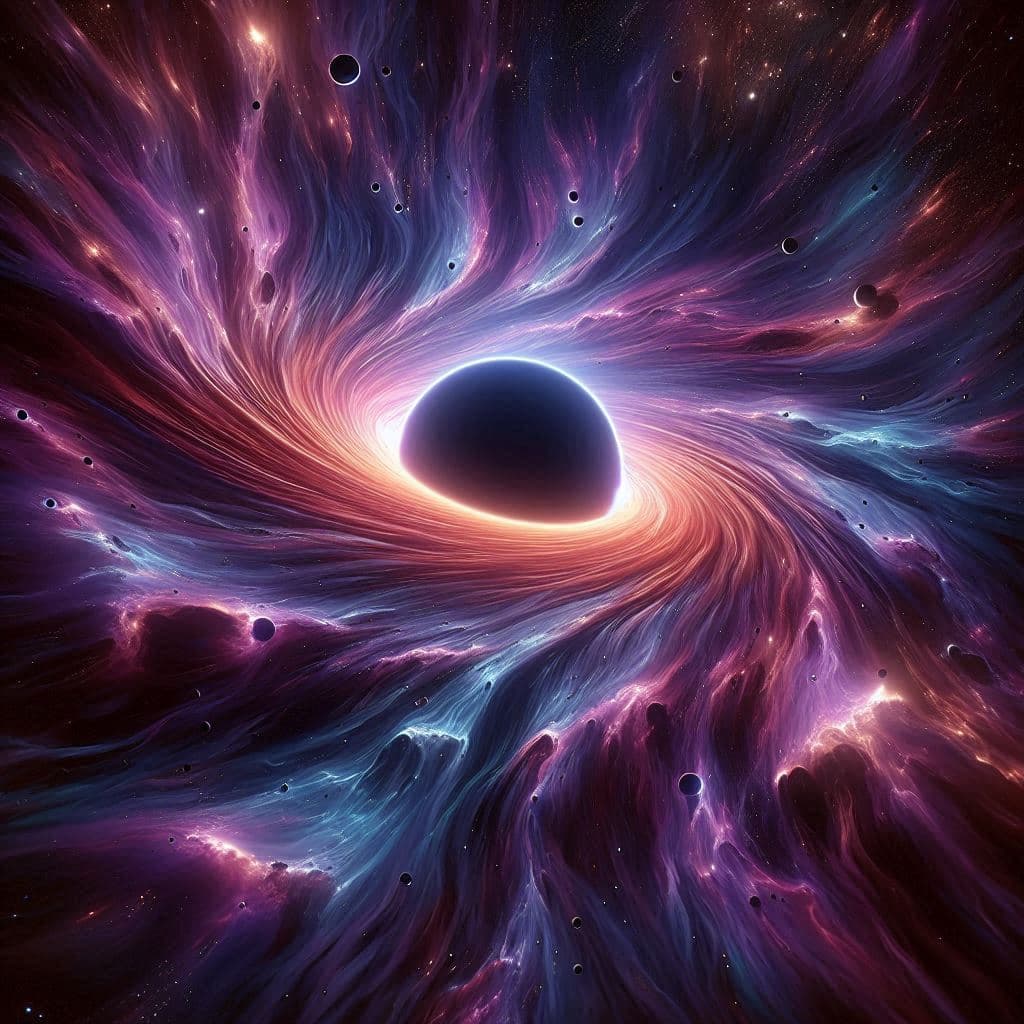The Sci-Fi Concept
When it comes to sci-fi, there's nothing quite as mind-bending as the idea of entities existing beyond a singularity. It's like trying to imagine what's at the bottom of a black hole without the pesky problem of being spaghettified in the process.
In my book, I explore the idea of an entity bound by the physics of our universe only after crossing an event horizon.
The Observer's Dilemma
Imagine, if you will, a mind stuck in a "terminus" for countless eons. What happens to this observer? Do they get bored? Do they invent the universe's best solitaire game? Or do they unravel the mysteries of the cosmos while we're all here trying to find our car keys?
The idea is to ponder what it means for consciousness to be trapped in such an extreme state. It's like being in the ultimate waiting room. No magazines, no Wi-Fi (feel free to 🤮 now), just you and the infinite unknown. Robert Penrose, in his work on Gravitational Collapse and Space-Time Singularities, touches on some of these mind-blowing concepts, making you realize that our universe is crazier and more interesting than a cat playing the piano.
Gravitational Collapse and Space-Time Singularities
Penrose's theories on gravitational collapse and space-time singularities add a layer of scientific grounding to these wild ideas. Essentially, when a massive star collapses under its own gravity, it can create a singularity - a point where the curvature of space-time becomes infinite. This is the stuff black holes are made of.
Crossing an event horizon is like crossing the ultimate point of no return. Once you're in, you're in. But what if there's more beyond that? What if entities could exist beyond this singularity, bound by different rules or perhaps none at all?
The Terminus: An Endless Waiting Room
So, let's circle back to our observer in the terminus. Picture them stuck there for eons, with nothing but their thoughts and the ever-expanding knowledge of the universe. It's a bit like being on hold with customer service, except instead of annoying music, you're treated to the secrets of existence.
What would happen to such a mind? Would they transcend our understanding of consciousness, or would they just go a bit loopy after the first few millennia? The possibilities are as endless as the terminus itself.
Crazy ideas are better than no idea
The beauty of sci-fi is that it allows us to explore these grand, crazy ideas without having to send anyone into a black hole (because, let's face it, that would be a one-way trip). By delving into concepts like entities beyond singularities and the strange physics of event horizons, we not only entertain but also inspire real scientific inquiry.
